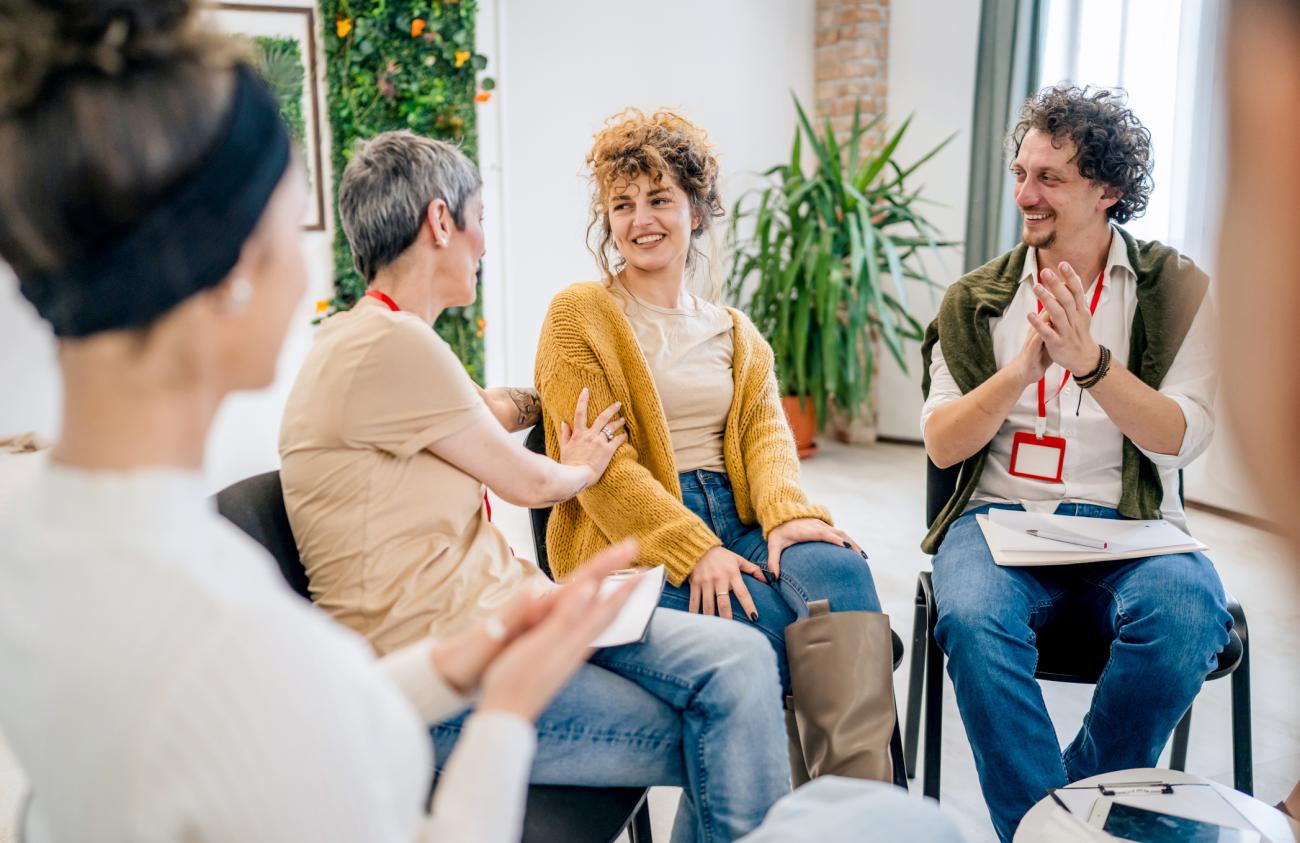
A new program for people with opioid use disorder resulted in increased housing and substance use care retention.
A novel longitudinal outreach program for people with opioid use disorder (OUD), set into motion in the emergency department at Vancouver General Hospital, was associated with better health outcomes. Led by Vancouver Coastal Health Research Institute researcher and emergency room physician, Dr. Andrew Kestler, the outreach program resulted in greater participant housing, retention in substance use care and initiation of opioid agonist therapy (OAT).
Published in Substance Abuse Treatment, Prevention and Policy, the study builds on previous research findings linking the rapid transition to community care programs with better treatment retention among people with OUD. Initiated by emergency department team members, many programs involve referral to mental health and addictions teams or OAT, which substitutes medications, such as buprenorphine/naloxone or methadone, for opioids to reduce the harms associated with substance use disorders and support recovery.

“The emergency department presents an opportunity to act by offering in-the-moment services to patients who may have experienced opioid poisoning or are managing multiple comorbidities at once, such as wounds and mental illness, as well as facing homelessness,” notes Kestler. “The emergency department encounter can open the door to connecting people with OUD to peer navigators and other resources for longer-term follow-ups.”
“The potential of toxic drug poisoning makes it imperative to maximize small windows of opportunity to connect people with OUD to community supports.”
Kestler and his team’s first-of-its-kind, year-long intensive community outreach support for people with OUD was provided by the skilled VCH Overdose Outreach Team (OOT) and integrated regular check-ins on top of the standard OOT care. Initiated in the emergency department, the program offered a mix of in-person and telephone conversations with patient-centered care options. Outreach team members facilitated well-being check-ins and offered information and connection to community supports and services, such as substance use care and housing.
“We have a greater understanding now that simply referring to follow-up care from the emergency department is more of a barrier for people with OUD who want to explore community-based care options than, for example, accompanying them to a community-based care facility directly from the hospital.”
Long-term follow-ups resulted in greater housing and treatment retention
Eighty-four adults from the Vancouver area aged 18 years of age or older participated in the study. All had clinically confirmed OUD and were not on OAT at the time of program initiation. Sixty participants completed at least one follow-up questionnaire — provided at the one-, two-, six- and 12-month marks — with eight participants completing all four questionnaires that were part of the research team’s survey protocol.

“The more we make available opportunities for people to get help for substance use disorders, the better they are likely to fare in the long run.”
On average, study participants self-reported an increase in substance use care engagement, primarily in the form of clinic visits, from 22 per cent at baseline to 65 per cent at the one-month mark, 81 per cent at two months, 73 per cent at six months and 74 per cent at the one-year close of the study. Participants also went from no abstinence in illicit opioid use for a full week at baseline to nine to 15 per cent of participants reporting abstaining from opioid use for seven consecutive days.
“A goal of substance use care is to shorten the time between relapses, giving people enough breathing space to establish social supports that can facilitate their recovery.”
Forty-two per cent of participants began OAT within their first month participating in the program. After one year in the program, 56 per cent of participants were on OAT. At the outset of the program, 32 per cent of participants had fixed housing, which increased to 48 to 59 per cent at follow-up.
Kestler plans to pursue additional follow-up research with study participants to see whether longer-term program engagement can yield greater retention in substance use care and stable housing.
“We need more information about the role of continued connections to community care supports and support networks in substance use treatment and recovery,” states Kestler.


